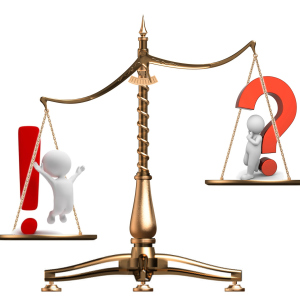Glycine is a medical drug that favorably affects the nervous system. Prescribed it for the most part neuropathologists. Recently, this drug is very popular in the field of neurology. Below we consider more specifically that this preparation is present and in what cases it is prescribed.
What is glycine, and why is it needed?
Glycine is an aminoacetic acid that plays an important role in regulating metabolism, as well as metabolic processes. Huge benefit also provides glycine to normalize the work of the central nervous system.
So, the pharmacological properties of glycine are reduced to the following:
- helps reduce emotional tension in the process of adaptation in society, thereby helping to avoid conflict situations;
- helps to reduce the manifestation of aggression;
- improves metabolic processes in the body;
- is an indispensable assistant in problems with sleep;
- removes depression, thereby improving the mood in general;
- improves brain performance with various kinds of mental loads;
- helps to fight manifestations of vegetative-vascular dystonia;
- improves well-being during Klimaks;
- helps to reduce the action of toxins with alcoholism, etc.
It is very important that the fact that the glycine is not addictive, as this is not a tranquilizer and not an antidepressant.

Indications for the use of glycine
Glycine is prescribed both adults and children who have reached the age of 3rd. Moreover, even pregnant women can take it. In each case, an individual treatment scheme is selected, depending on the testimony to use. Naturally, only a qualified doctor is engaged in such questions. Self-medication is unacceptable here, as in any other cases relating to the reception of medicines.
Now let's discuss in more detail on what is the indications for the use of glycine. So, this drug doctors are prescribed with the following states:
- With different stress and emotional overvoltages (for example, children after a divorce of parents, or during adaptation in kindergarten, school).
- When for one reason or another, the work of brain activity is reduced.
- If a patient's history has various neuroses.
- In the presence of vegetative-vascular dystonia.
- With insomnia and problems with sleep.
- In case of insults of ischemic character, when blood circulation in the brain is disturbed.
- As auxiliary therapy - with alcohol addiction.
- For states after transferred to the cranial and brain injuries, which are manifested by emotional instability.
It's important to know! With caution, the glycine should be taken to people, prone to a decrease in blood pressure, in order not to reduce it even more. In this case, the drug dosage is either reduced or the reception is generally stopped.

In general, the drug is postponed normally. But, as well as when receiving any medical drug, the possibility of side effects is not excluded. It may be an allergic reaction in the form of a cold, rash, dry throat, etc. In such cases, further reception of the drug must be discussed with the attending physician.

















